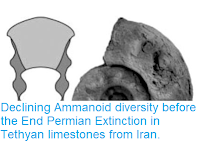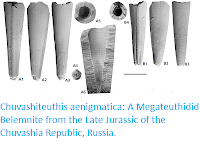A woman from Washington State is being treated in hospital after being bitten by an Octopus. Jamie Bisceglia placed the animal onto her face for a photograph during a Salmon fishing competition at Tacoma Narrows on Saturday 3 August 2019, causing it to sow its disapproval by biting her on the chin, and refuse to let go. Eventually the Cephalopod was pried off, leaving Ms Bisceglia bleeding but not obviously seriously hurt. However two days later she checked into a local hospital with a paralysed face and swelling, and is now being treated with antibiotics.
Washington Salmon fisher Jamie Bisceglia posing with an Octopus on her face. Jamie Bisceglia/Instagram.
Despite being soft bodied invertebrates lacking a skeleton, Octopus do have some hard parts, notably a tough, chitinous beak, and a tooth covered radula (tongue). The saliva of Octopus is a neurotoxin (in some species a very potent one), something which enables them to subdue large, potentially dangerous, prey items very quickly (some Octopus species will attack Sharks). This makes Octopus potentially very dangerous to handle, although we are not natural prey items and an Octopus will usually try to avoid us or use its ink to mount a quick escape; an Octopus unable to escape in any other way can deliver a painful and potentially very debilitating diet, with some species capable of killing a Human.
See also...
Follow Sciency Thoughts on Facebook.







